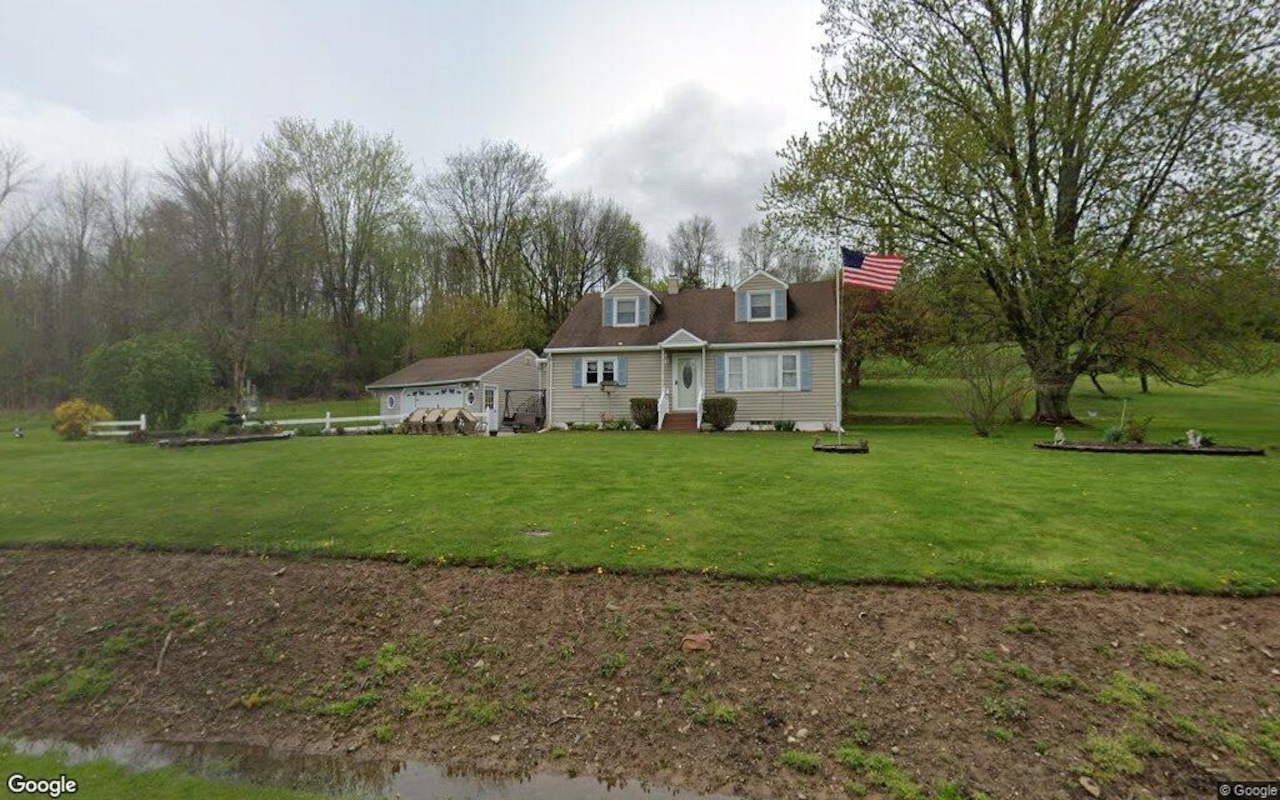E
ast Bay real estate agent Andrea Chopp was in talks with a couple to sell their $1.5 million Craftsman-style home in North Berkeley when she encountered a growing concern in her industry: private listings that only certain brokerages' clients can access. The couple, intrigued by the "whisper network of exclusivity," decided to list their home privately, and Chopp lost the sale.
This practice, where brokerages maintain private for-sale listings not publicly distributed through multiple listing service (MLS) databases, is becoming increasingly widespread. One of the largest brokerages, Compass, has been particularly aggressive in promoting "private exclusives." The pitch can be attractive to sellers who want to sell quickly or discreetly, but critics argue it's a drag on the market and allows brokerages to double their commissions.
Zillow recently made a move against this practice by declaring that any home listed as a private exclusive would no longer appear on its platform. Agents are divided on the issue, with some welcoming Zillow's stance while others see it as an attempt to protect its own interests. Critics argue that private listings harm both sellers and buyers, limiting their options in a market already constrained by inventory.
Compass argues that private listings provide a critical advantage in a competitive market, allowing agents to offer exclusive access to high-end properties. However, detractors describe the practice as modern-day redlining or predatory, and consumer advocates have called for an investigation into the matter. Zillow's move has sent shockwaves through the industry, with some brokerages aligning with its stance while others accuse it of abusing its scale.
Local agents are taking sides, with some defending private listings as a choice for sellers who want to maintain their privacy or sell quickly. Others see it as a grab for market share that benefits only the brokerage and harms consumers. Redfin's Chopp argues that limiting the buyer pool just doesn't make sense for sellers, while smaller brokers like Generation Real Estate describe the strategy as a basic grab for market share.
The debate highlights the tension between brokerages seeking to maintain their competitive edge and agents advocating for transparency and fairness in the market. As the industry continues to evolve, one thing is clear: private listings are becoming an increasingly contentious issue that will likely have far-reaching consequences for buyers, sellers, and agents alike.














